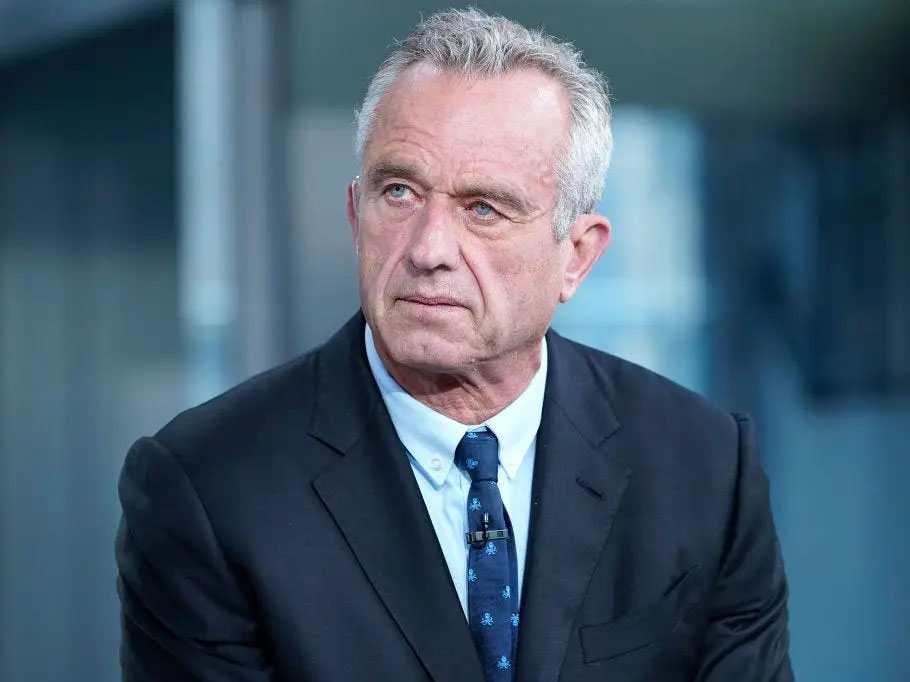
UNPRECEDENTED MOVE: RFK JR.'s SECRET SERVICE SNUB SPARKS LEGAL SHOWDOWN


Photo Credit: Jason Allen/AP Donald Trump says he wants to hold a major campaign event at New...
Photo Credit: Vatican/Getty Images In the heart of New York, allegations of sexual abuse by clergy...
Photo Credit: Getty Images The US's top diplomat said he had made clear to his counterparts they...
Photo Credit: TikTok’s Chinese company, Byte Dance, said on Thursday that the social media...
Photo Credit: Getty Images More than four years after her initial visit to meet then-President...
Photo Credit: File Photo Ian Cain, Quincy City Council President, has officially announced his...
Photo Credit:Getty Images Davidai, an assistant professor at Columbia's business school, planned a...
Photo Credit: Getty Images Tracie McMillan, a journalist and author, embarked on a revealing...
Photo Credit: Cate Dingley TikTok finds itself embroiled in a legal showdown as the US House of...
Photo Credit: Yuki Iwamura The social media company founded by former President Donald Trump...
Photo Credit: File Photo Central to Trump's approach was his decision to withdraw the United...
Photo Credit: Baylor The special occasion takes place every year on 22 April. It dates back to...